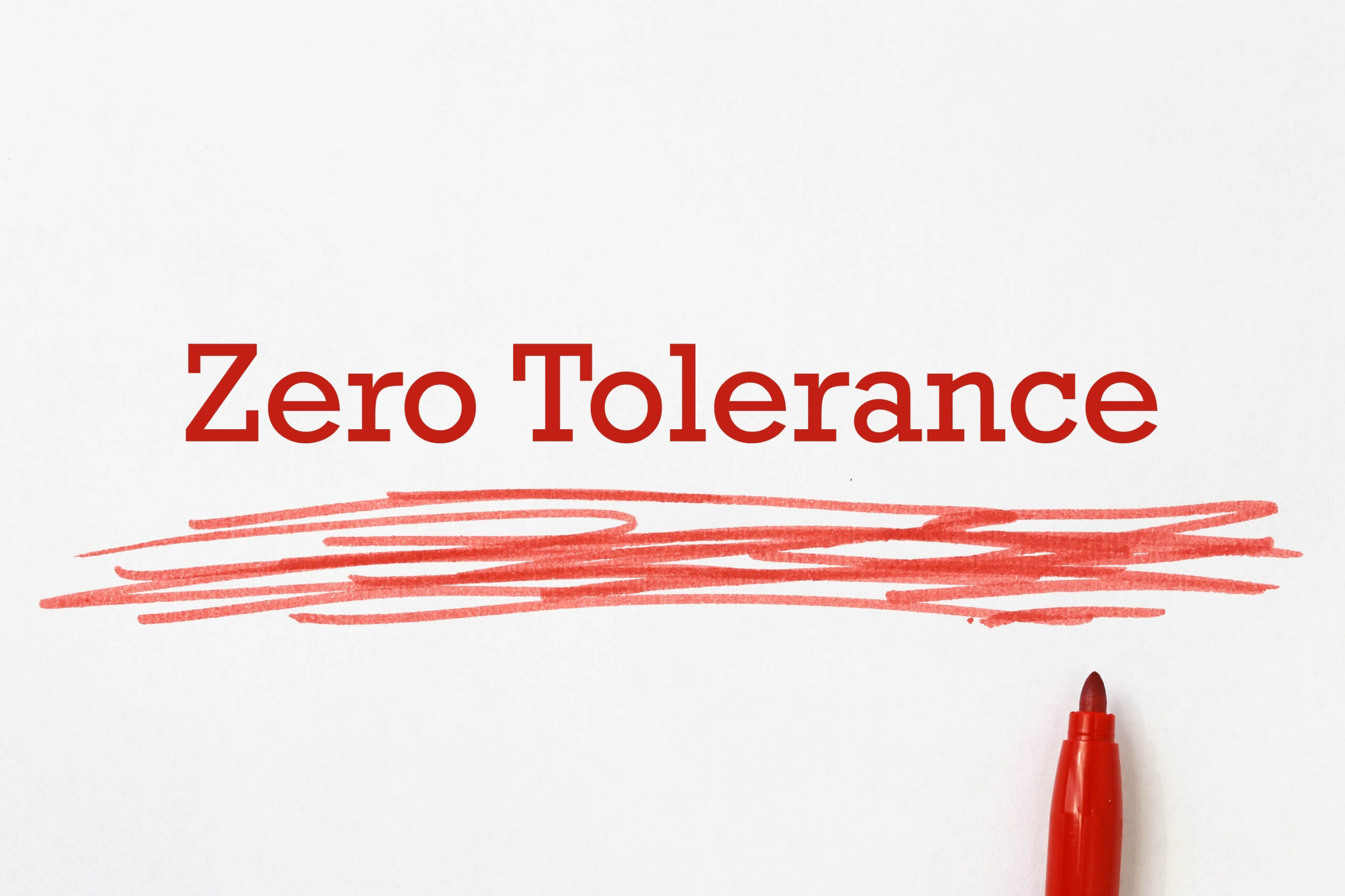Zero-tolerance policies raise crucial questions. For example, does equality equal fairness?
The policies and their goals are well-intentioned but shrouded in controversy. After all, there are genuine questions about their efficacy and ethical implications. Critics argue their rigidity can have unintended consequences. Meanwhile, proponents believe they create safer and more disciplined learning environments.
This article paints the tapestry of factors that contribute to the controversy. Understanding the arguments can equip you with a more meaningful way to talk about them locally. So, let’s get to the heart of this matter that has real-world effects on a child’s education and well-being.
The Intent Behind Zero Tolerance Policies
The premise was simple: create a stringent set of rules without room for interpretation. Administrators introduced zero-tolerance policies as a panacea for maintaining safety and order. It would be a one-size-fits-all solution to deter drugs, weapons, or bullying.
These policies developed in reaction to societal pressures after high-profile school violence incidents. Furthermore, concerns about drug abuse made it an appealing and efficient fix to complex problems. Policy-makers and educators sought to send a message to students and parents alike. The intended effect is to dissuade students from thinking about crossing the line.
Why the Controversy? Factors to Consider
Lack of Flexibility
Applying uniform rules leaves little to no room for interpretation. The approach may seem fair, but it often results in draconian outcomes. There is no consideration of the unique circumstances of each case. For example, consider a student who gets caught with an over-the-counter medication. They could face the same severe disciplinary consequences as someone found with illegal drugs.
Disproportionate Impact
Another issue that sparks debate is the unequal impact on groups of students. Studies show that minority students are more likely to face harsh disciplinary actions under zero-tolerance policies. Similarly, students with disabilities or behavioral issues may get entangled in a system that doesn’t accommodate them.
The School-to-Prison Pipeline
The disproportionate impact can extend to the school-to-prison pipeline. Critics argue that zero tolerance is a fast track from the classroom to the criminal justice system. Students expelled or suspended for minor infractions become detached from their education. This distance makes it more likely they’ll engage in delinquent behaviors.
Counterproductive Results
There is also a concern that these policies are antithetical to the mission of public education. These strict rules are far from fostering a nurturing educational atmosphere. They replace this goal with a climate of fear and mistrust. Students may become disengaged, anxious, or even resentful.
Also, zero-tolerance can discourage reporting issues like bullying or substance abuse. Students know that coming forward could result in severe punishments for themselves or their peers. These circumstances undermine the safety and well-being the policies aim to protect.
Balancing Act: Alternative Approaches
One approach that has gained traction as an alternative is the concept of restorative justice. This approach focuses on rehabilitation and reconciliation over punishment. It brings all affected parties into a dialogue that addresses the harm caused and ways to make amends. It fosters a sense of accountability and emphasizes the importance of repairing relationships. Schools that have adopted this approach report a more positive atmosphere and fewer disciplinary issues.
Another avenue is to empower educators and administrators to adapt their disciplinary actions. After all, human behavior is far too complex to fit into a zero-tolerance culture. Giving leeway to exercise judgment can promote a better balance that addresses the root causes of behavioral issues.
Ask a Local Lawyer About Zero Tolerance Policies
Zero-tolerance policies have the best intentions – to create a safer and more disciplined environment. Nonetheless, their implementation has sparked a complex web of controversies. Alternative approaches show promise, but your local school district may not have adopted them.
This debate is far from over, and there are practical concerns. If you or your child have become affected by a zero-tolerance policy, you may need legal advice. We can refer you to a local juvenile or education lawyer.
Getting legal help is easy! Call (866) 345-6784 or complete this online form.

